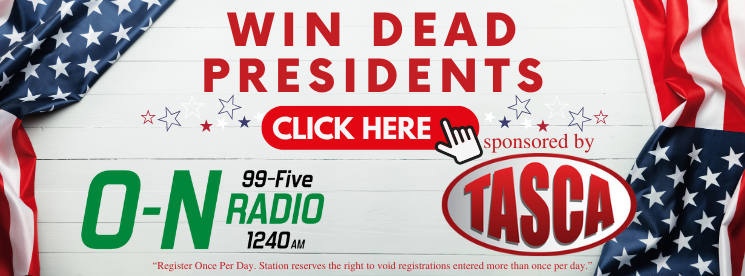Rx Costs Outpaced Rhode Islanders’ Income by 114%; Big Pharma Spent More on Stock Buybacks & Dividends than R&D: New Data
AARP: Congress Should Allow Medicare to Negotiate Lower Drug Prices
PROVIDENCE, RI– The cost of prescription drug treatment grew 114% faster than the average Rhode Islander’s income from 2015 to 2019, while Big Pharma spent more on stock buybacks and dividends than on research and development from 2008 to 2018, three new AARP fact sheets show.
While Ocean State residents’ income rose by 12.3% on average from 2015 to 2019, the average annual cost of prescription drug treatment jumped by 26.3%, the fact sheets show.
The pharmaceutical industry spent nearly $6.6 billion on advertising and over $161 million on lobbying in 2020. The federal government continues to play an outsized role in prescription drug R&D.In fact, most of the important new drugs introduced over the past 60 years were developed with the aid of research conducted in the public sector.
Meanwhile, AARP’s most recent Rx Price Watch Report found that the prices of 260 widely used brand-name medications rose more than twice as fast as general inflation in 2020 - in the middle of a global pandemic and financial downturn.
Americans pay more than three times what people in other countries pay for the same medicines. Too many consumers have to choose between filling life-saving prescriptions and paying rent, buying food and other critical essentials.
Prices can add up, as the average older American takes four to five prescription drugs per month, typically on a chronic basis.
“Congress should put a stop to these spiraling price increases, starting by – at long last -- giving Medicare the authority to negotiate with pharmaceutical companies for lower prices,” said AARP Rhode Island State Director Catherine Taylor. “If the Veterans Administration can do so - paying roughly half as much for brand name prescription drugs as does Medicare Part D – then why can’t Medicare?
“For a decade, Big Pharma has spent more on stock buybacks and dividends than on research and development; it’s outrageous that drug makers are charging Americans three times what people in other countries pay for the same drugs and justifying it with lies and scare tactics that simply don’t hold up,” Taylor added.
Medicare Part D spent more than $180 billion on prescription drugs in 2019. Giving the program the power to negotiate would help reduce taxpayer spending and save Medicare Part D beneficiaries $117 billion over the next 10 years.












